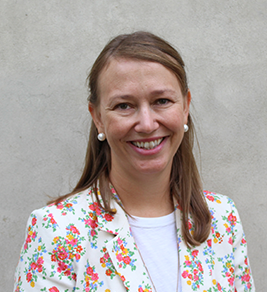The Nordic wage-setting model is unique. None of the countries have a minimum wage, there are high levels of trade union membership, and wage negotiations between different sectors are coordinated. The Nordic model has been successful but also faced pressure to evolve due to structural shifts in the economy over recent years. What has this meant for Nordic labour markets, and what potential reforms are needed to maintain its effectiveness?
Join us on May 7 in Helsinki as we launch this year’s edition of the Nordic Economic Policy Review. The key findings of the edition’s five articles will be presented, with a specific focus on the issues of public sector wage-setting and pattern bargaining.
The first edition of the Nordic Economic Policy Review was launched in 2010 by the Nordic Ministers of Finance. The review strives to make the latest economic research accessible to decision makers as well as to a broader audience and to contribute to Nordic knowledge exchange on economic policy issues and challenges. The review is produced by the Nordic Council of Ministers and Nordregio.
Speakers and panelists include:
- Riikka Purra, Minister of Finance, Finland
- Lars Calmfors, Professor Emeritus, Stockholm University
- Astrid Würtz Rasmussen, Professor, Aarhus University
- Roope Uusitalo, Professor, University of Helsinki
- Juhana Vartiainen, Mayor of Helsinki
- Ilkka Kaukoranta, Chief Economist, The Central Organisation of Finnish Trade Unions (SAK)
- Minna Etu-Seppälä, Director of Industrial Relations, The Chemical Industry Federation of Finland
Moderator: Robert Sundman, Suomen Kuvalehti
Schedule:
| 10:00-10:30 | Arrival and coffee |
| 10:30-10:40 | Opening remarks – Riikka Purra, Minister of Finance, Finland |
| 10:40-10:50 | Introduction to report – Roope Uusitalo, Professor, University of Helsinki and editor of this edition will introduce the report |
| 10:50-11:36 | Author presentations – Lars Calmfors: Pattern bargaining as a means to coordinate wages in the Nordic countries – Astrid Würtz Rasmussen: Public Sector Wages Q&A with both speakers and the moderator |
| 11:35-11:45 | Coffee break |
| 11:45-12:30 | Panel debate |


